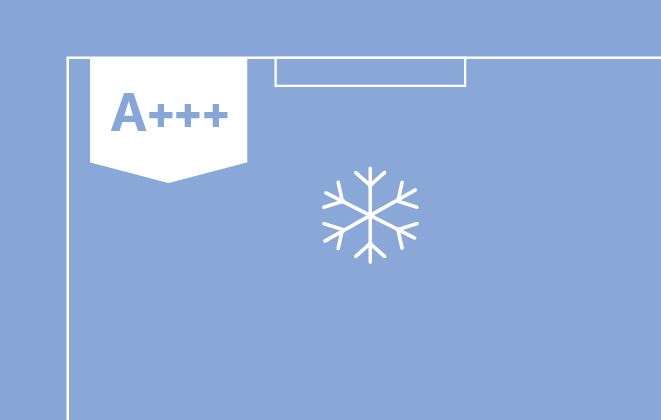Your Tariff
Did you know, at certain times of the day, Electricity is more than half price?
When and how we use our electricity matters. Thanks to low-rate times, switching to Super Economy 12 tariff is one of the simplest ways you can control your energy use, and how much it costs you.
Already on E12? Utilise your low-rate times.
If you can utilise more of your property's low-rate times, your electricity consumed within this period will cost you less than half the standard rate applied.









